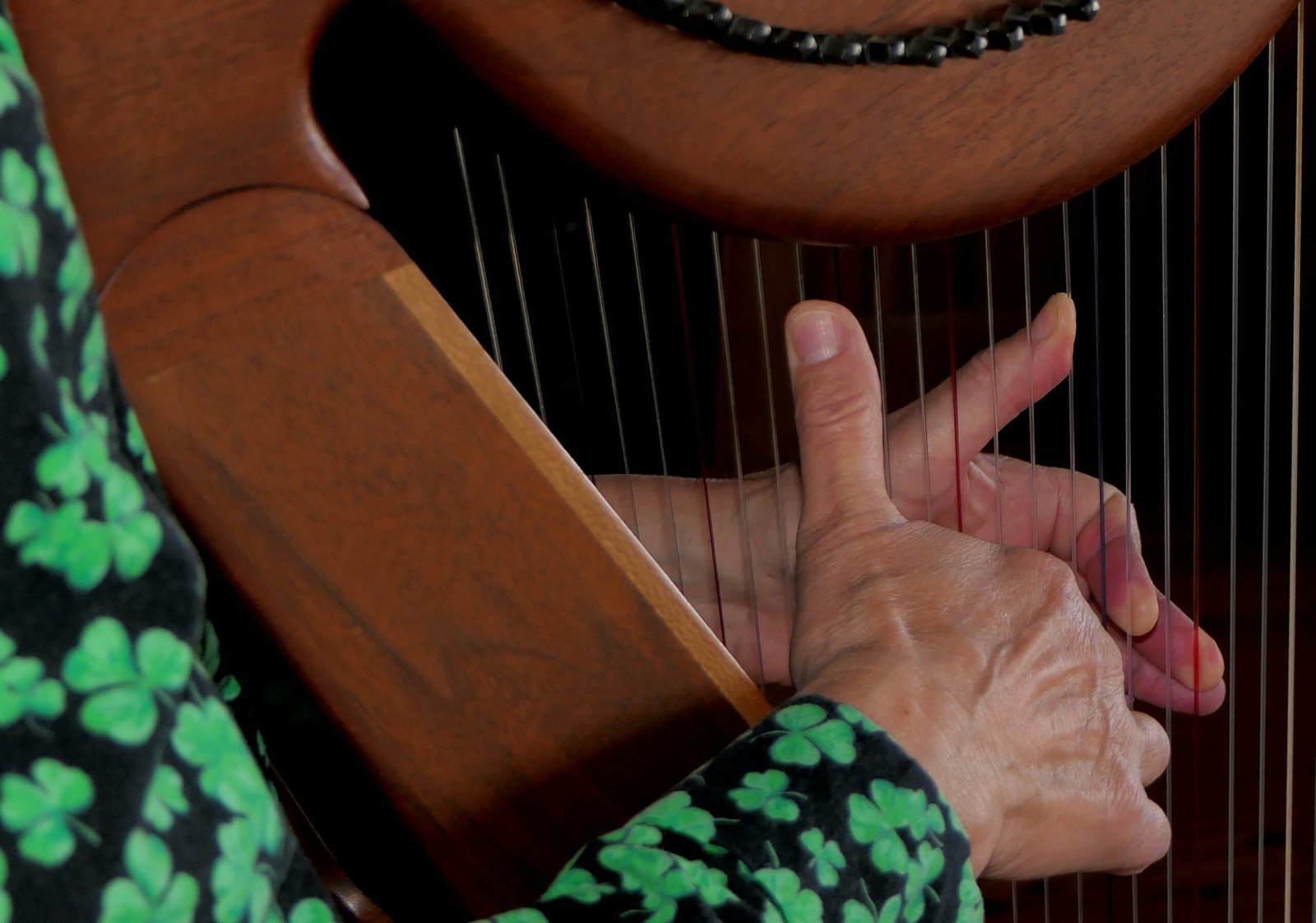The Rich Tradition of Celtic Music
Celtic music is a genre that encompasses the traditional music of the Celtic people, who are indigenous to Ireland, Scotland, Wales, and other regions with Celtic heritage. It is a genre that has deep roots in history and is known for its distinctive melodies and rhythms.
Preserving Cultural Identity
Celtic music has played a significant role in preserving the cultural identity of the Celtic people. Through the centuries, the music has been passed down from generation to generation, serving as a way to connect with their ancestors and keep their traditions alive. It is a powerful tool for storytelling, allowing the Celtic people to share their history, myths, and legends.
Exploring Themes of Love and Desire
While Celtic music often focuses on tales of tradition and identity, it is worth noting that it also explores themes of love and desire. These themes are not unique to Celtic music but are universal in nature. The songs and melodies of Celtic music often convey the emotions and experiences associated with romantic love, longing, and desire.
However, it is important to approach the topic of the connection between Celtic music and sexual aspects with sensitivity and respect. While some songs may contain lyrics that allude to love and desire, it is essential to understand the cultural context in which they were created. Celtic music is not primarily about sexual aspects but rather about the celebration of life, nature, and the human experience.
The Role of Celtic Music in Celebrations
Celtic music has long been a central part of celebrations and festivals within Celtic communities. Whether it is a wedding, a gathering of friends and family, or a traditional cultural event, Celtic music sets the mood and creates a sense of unity and joy. The lively tunes and energetic rhythms invite people to dance and celebrate together, fostering a sense of community and connection.
Appreciating the Diversity of Celtic Music
It is important to note that Celtic music is not a monolithic genre. It encompasses a wide range of styles and influences, reflecting the diversity of the Celtic people and their history. From the haunting melodies of Irish ballads to the lively jigs and reels of Scottish music, each region has its own unique sound and musical traditions.
Furthermore, Celtic music has also evolved over time, incorporating elements from other genres and cultures. Today, you can find Celtic fusion bands that blend traditional Celtic music with rock, jazz, and even electronic music, creating a contemporary sound that appeals to a broader audience.
Conclusion
Celtic music is a genre that holds a deep connection to the traditions and identity of the Celtic people. It serves as a means of preserving cultural heritage and sharing stories of the past. While some songs may touch on themes of love and desire, it is important to approach this aspect of the music with respect and understanding of the cultural context.
Whether you are a fan of traditional Celtic music or enjoy the modern fusion styles, exploring the rich sounds and melodies of Celtic music is a journey that can transport you to the heart of Celtic culture and history.

